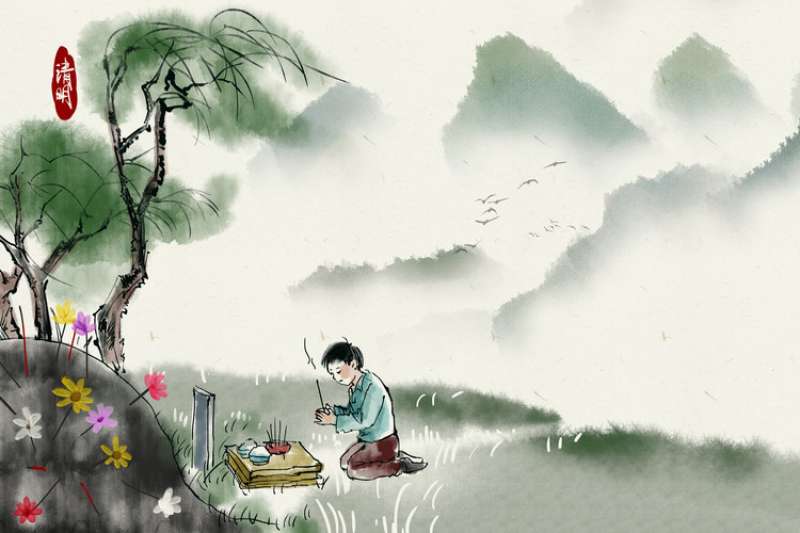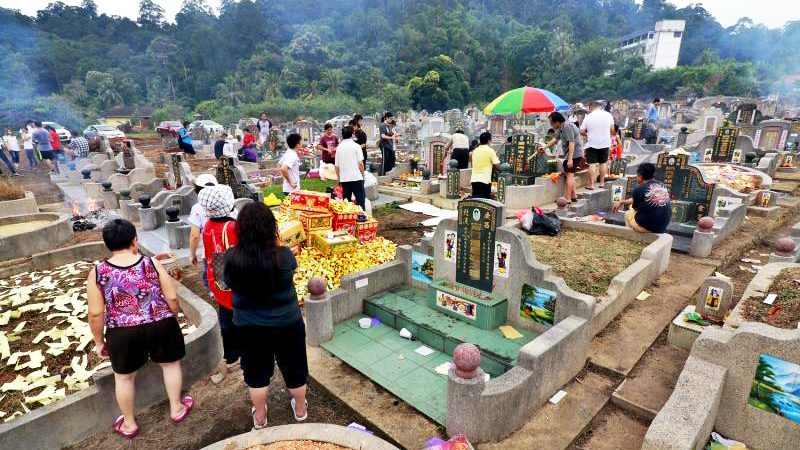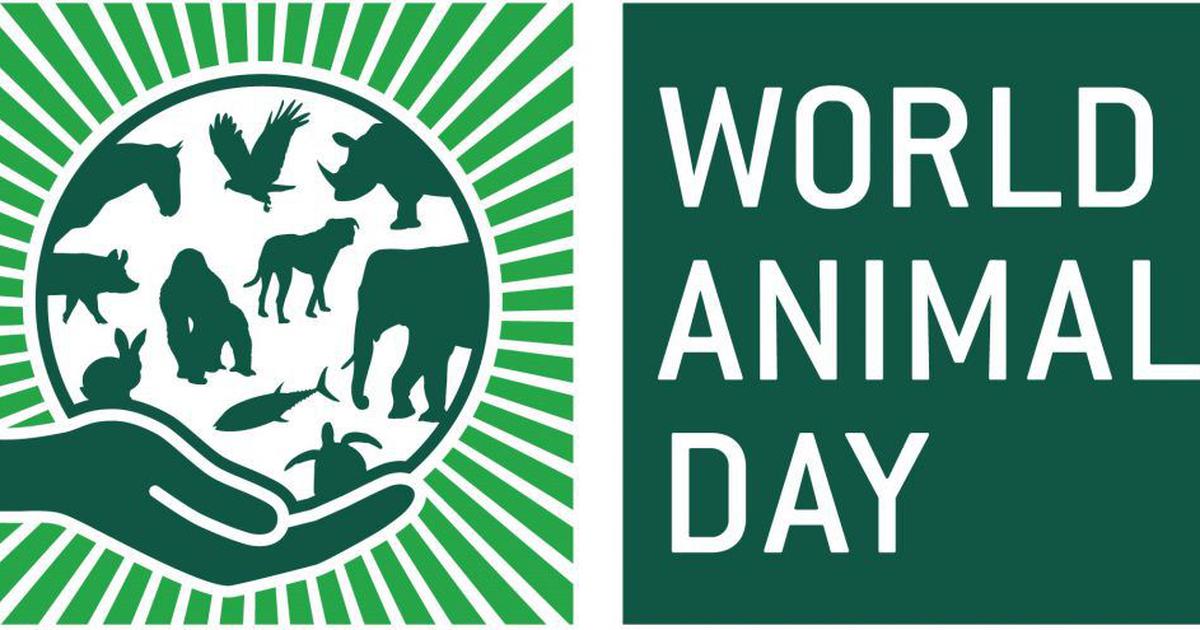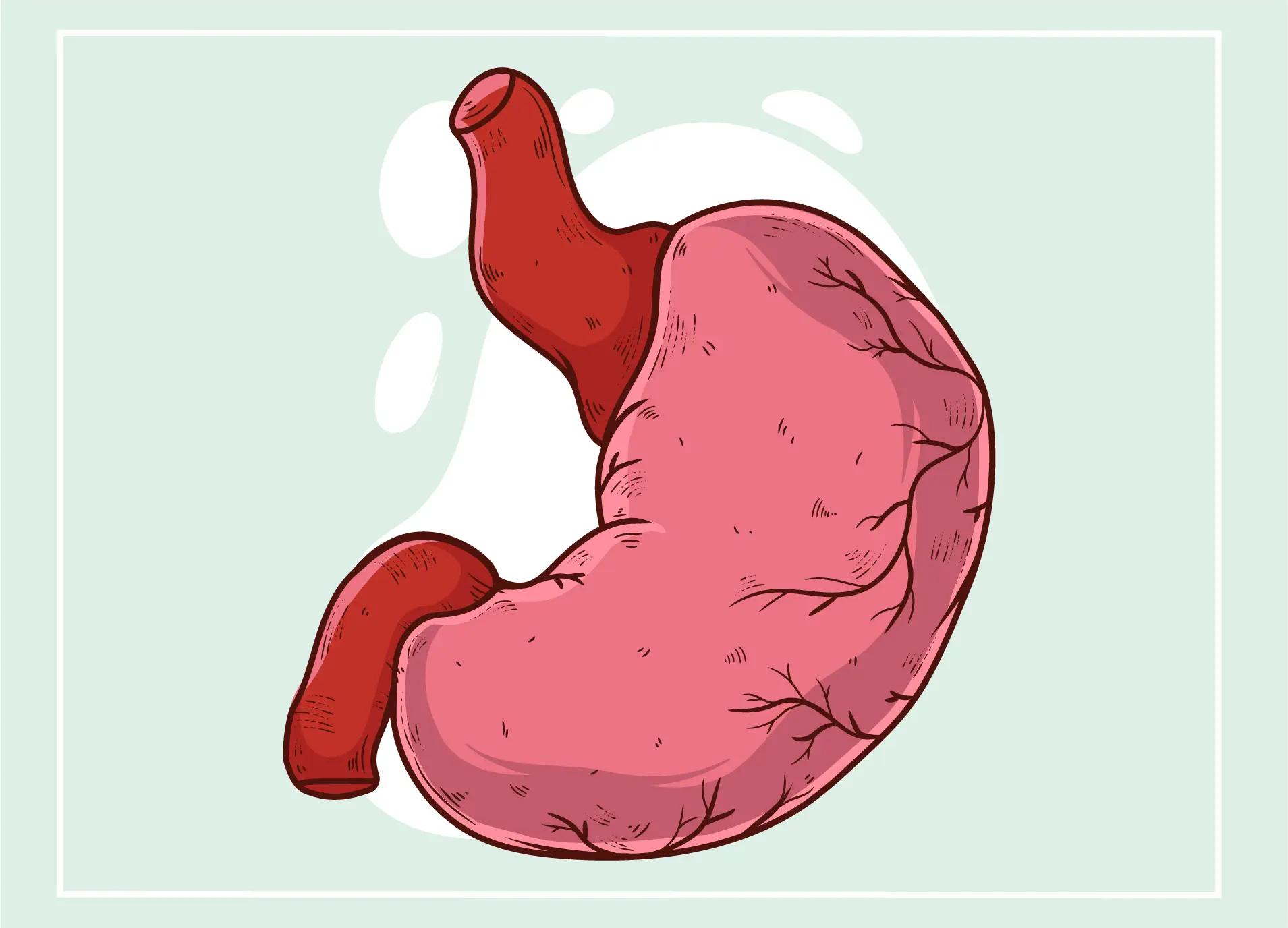
The Qingming Festival, also known as Tomb-Sweeping Day or Ancestor Worship Festival, occurs between early and late spring. Originating from ancient ancestor worship and spring rituals, it is one of the most significant festivals for honoring ancestors in Chinese culture. The festival blends natural and cultural elements, serving as both a solar term and a traditional holiday. Key customs include tomb-sweeping to pay respects to ancestors and enjoying outdoor spring activities. These traditions have been preserved in China for centuries and remain prevalent today.
The Qingming Festival—also known as Tomb-Sweeping Day—is celebrated between mid-spring and late spring. Originating from ancient Chinese practices of ancestor worship during springtime rituals, it remains one of China’s most significant festivals for honoring ancestors. The festival blends natural elements with cultural traditions; it is both a solar term marking a specific point in springtime as well as a traditional holiday featuring tomb-sweeping ceremonies and outdoor excursions.
Qingming is an age-old festival that serves dual purposes: paying solemn respect to ancestors through tomb-sweeping rituals while also providing an opportunity for people to enjoy nature’s beauty in springtime outings. When the Big Dipper points to Yi (or when the sun reaches 15 degrees longitude), it signals Qingming around April 5th each year on the Gregorian calendar. This period is characterized by vibrant life forces where everything renews itself—making it an ideal time for countryside outings and ancestral rites. The window for these activities spans nearly 20 days: either ten days before through eight days after Qingming or simply ten days before through ten days after.

As a major traditional spring festival in China, Qingming emphasizes tomb-sweeping rituals that honor ancestors—practices that foster filial piety within families while strengthening collective memory and identity among family members. This integration of natural timing with cultural customs illustrates a harmonious balance between heaven, earth, and humanity—a core value pursued by Chinese ancestors who emphasized aligning with seasonal changes.
Qingming stands alongside Spring Festival (Chinese New Year), Dragon Boat Festival (Duanwu), and Mid-Autumn Festival as one of China’s four major traditional holidays. Beyond China’s borders, countries like Vietnam, South Korea, Malaysia, Singapore also observe this festival. On May 20th, 2006, following approval from China’s State Council based on an application by its Ministry of Culture,Qingming was listed among China’s first batch of national intangible cultural heritage items.





